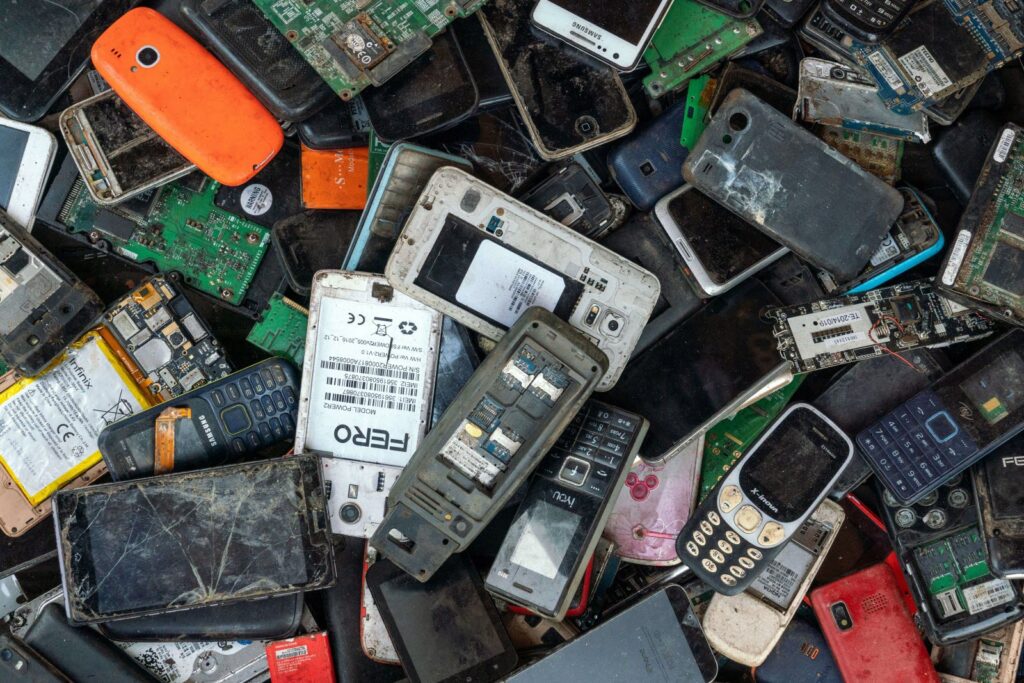Despite the abundance of precious raw materials in old mobile phones, two out of three Belgians are guilty of neglecting their potential by leaving these devices idle in drawers.
This widespread habit is not only wasteful but also exacerbates the scarcity of essential metals crucial for smartphone production. According to recent data from the European statistical office 'Eurostat', a staggering 63% of Belgians harbour unused smartphones at home.
Statistics show that merely 12% of Belgians opt to recycle their old smartphones, while a disheartening 1% choose to discard them in the trash. Such disregard for proper disposal poses significant environmental hazards, as discarded devices often end up in incinerators, releasing toxic substances into the soil and air.
With some experts warning of the dwindling availability of the metals embedded within these devices, specifically gold, the reserves of which – by some estimations – could be exhausted by 2030, recycling of devices increases in importance.
Urban mining
The depletion of gold reserves is not an isolated concern; it reflects a broader trend of diminishing returns in metal extraction. Historical data indicates a drastic reduction in gold extraction efficiency over the past two centuries, with contemporary methods yielding a mere fraction of the output achieved in the past.
However, there is a glimmer of hope in the form of urban mining, a process that involves extracting valuable metals from discarded items like old smartphones. A single ton of these devices could potentially yield up to 400 grams of gold and 150 kilograms of copper, underscoring the untapped resource potential lying dormant in drawers across the country.
To mitigate the environmental impact and maximise resource recovery, citizens are being advised to utilise designated recycling centres or collection points in schools and supermarkets for proper disposal. Moreover, experts warn against attempting individual extraction due to the hazardous nature of the process, advocating instead for collective efforts in responsible recycling.
In terms of data security, users should back up their data before resetting their devices to factory settings prior to recycling, ensuring the protection of personal information.
As Belgium grapples with the dual challenges of resource scarcity and environmental degradation, the conscientious recycling of old smartphones emerges as a simple yet impactful solution to safeguarding both the planet and its finite resources for future generations.

